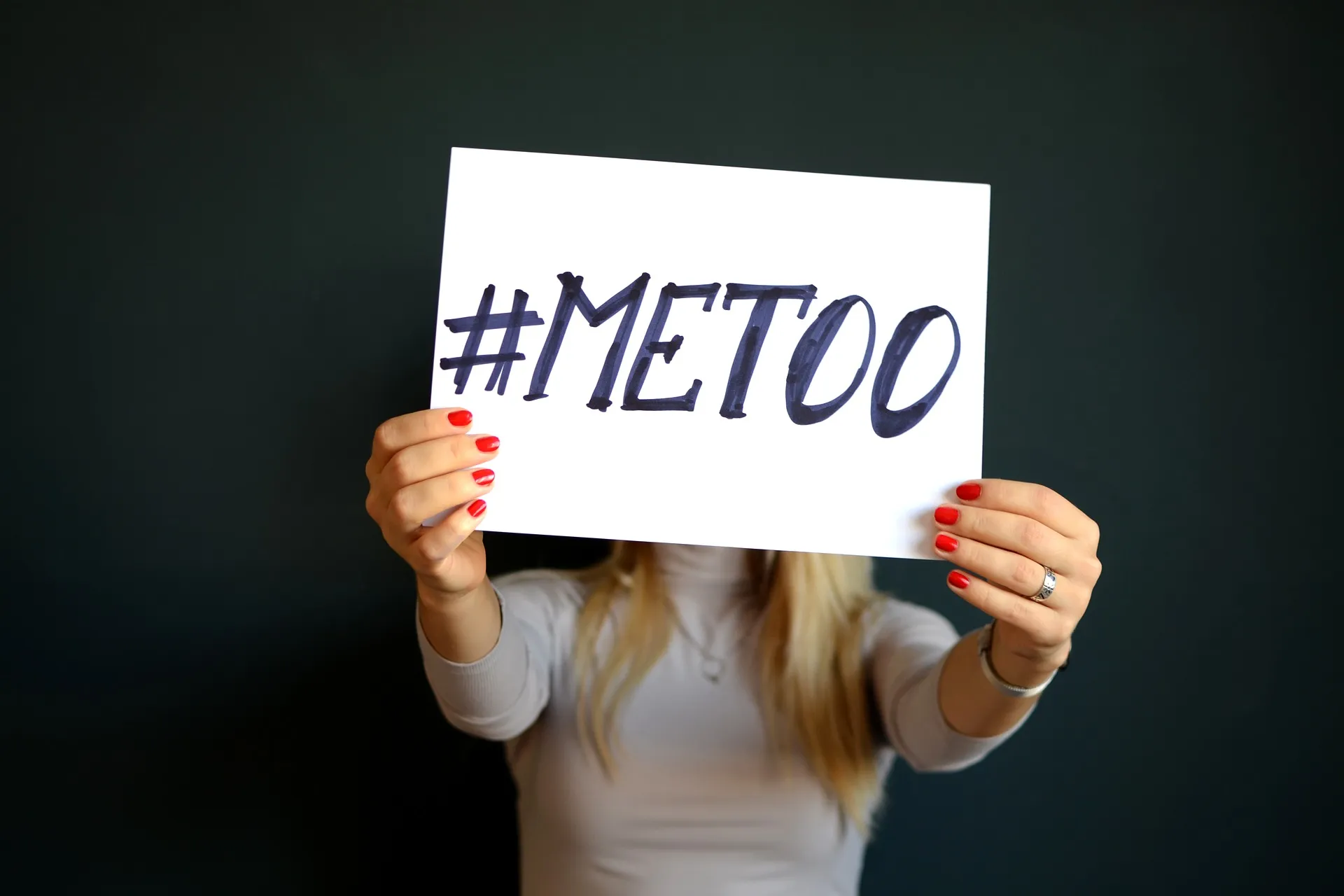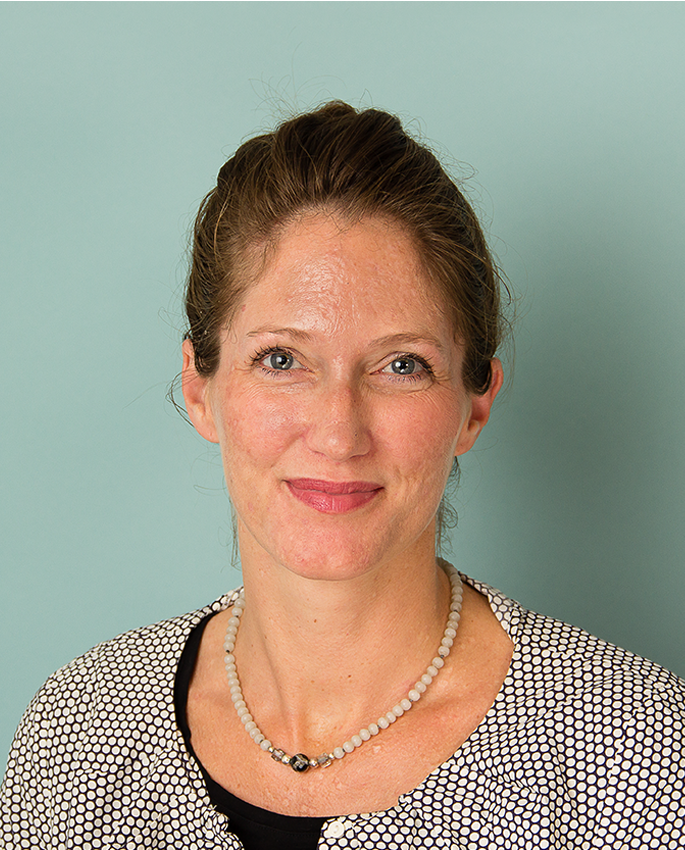From hashtag to change: why #MeToo matters for democratic politics


Source: GSoD indices 2017 Social Rights Index; World Values Survey (Wave 6) questions V85–V89.
Whilst many more seem to be voicing their opinion, the question still remains, can such citizens movements lead to lasting change? Successful examples on all sides of the political spectra have shown they can, as illustrated by new social movements around the world taking the step into political establishments, running for election and gaining access to political power. The common denominator seems to be finding a common purpose, gaining widespread support and accessing public platforms that not only allow you to say what you want, but also do what you say.
From protest to change – what is the future of #MeToo?
For the #MeToo movement this journey has just begun, but the movement has already gained substantial momentum and expansion to the next level, as shown by the Time’s Up initiative. As important awareness raising was for gaining popular support, the need is now to translate demands into policies, legal frameworks, and action. This requires access to platforms for (political-)decision making, and that the protestors and activists take the step into the world of politics, board rooms and corner offices.
This is easier said than done and it remains a dire truth that women and younger generations are insufficiently represented in party membership, leadership and legislatures. The 2017 the Global Gender Gap report concluded that, globally, gender parity is shifting into reverse and can be closed in exactly 100 years, compared to the estimated 83 years in 2016. This includes the political dimension which looks at women in parliament, in ministerial and leadership positions.
While there is a large body of research studying the reasons why women are underrepresented in politics, the 2017 #MeToo movement offers another important perspective to the reasons that may lie behind it. It reminds us that sexism, harassment and violence against women are very real and widespread, yet often underreported as a barrier for achieving gender equality in politics. Perhaps women simply do not feel comfortable in a patriarchal world where sexual domination and intimidation is still part of the norm?
#MeToo has the potential to be more than the global torch that puts the light on sexual harassments. It can become the kindle which re-ignites the fire in support for increased gender equality, and with the huge support demonstrated by its citizens’ engagement, a new political force to be reckonned with. The challenge is only to maintain momentum, create unity and take the movement from the streets and online communities to the decision-making tables.





